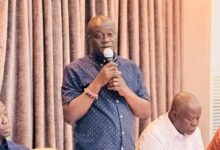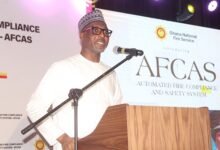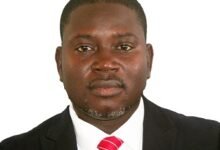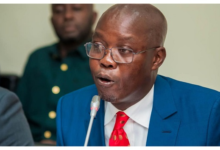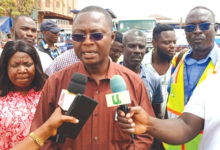Innovative funding strategies will sustain Free SHS – ANU V-C
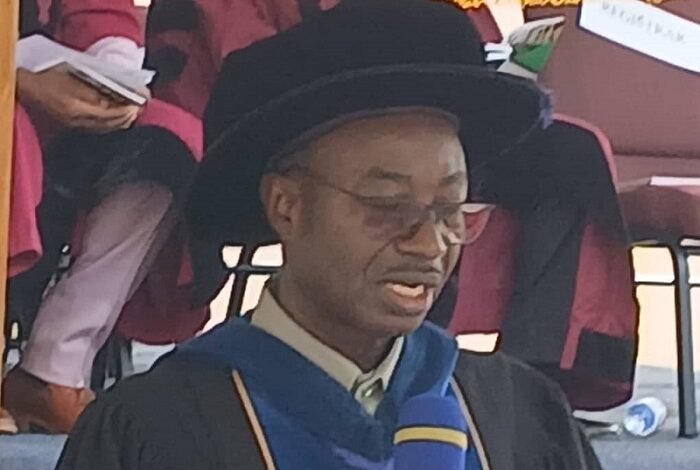
The Vice-Chancellor and Founder of All Nations University (ANU), Dr Samuel Donkor, has urged stakeholders in the education sector to consider innovative funding strategies in order to ensure the long-term sustainability of Ghana’s Free Secondary Education (Free SHS) Programme.
Speaking at the 32nd graduation ceremony of ANU in Koforidua at the Weekend, Dr Donkor suggested exploring the issuance of educational bonds as a potential solution to secure consistent funding for the programme.

According to Dr Donkor, the Free SHS initiative was pivotal to Ghana’s economic growth and prosperity.
He explained that by providing young people with the skills needed for a knowledge-driven economy, the programme helped to develop the country’s human capital, which was essential for driving sectors like technology, manufacturing, and services.
Dr Donkor emphasised that the next government should ensure the programme was not cancelled, as it laid the foundation for sustainable national development.
The graduation ceremony, which took place on Saturday, saw 465 students receive graduate and undergraduate degrees in fields such as Biomedical Engineering, Accounting, Computer Science, Human Resource Management, and Allied Sciences.
The theme for the event was ‘Human Resource Development: The Key Driver of Economic Growth and Prosperity.’
Moreover, Dr Donkor highlighted the link between education and economic stability, stressing that limited educational opportunities often perpetuated poverty.
He noted that households headed by individuals without formal education were more likely to experience poverty, citing data that showed poverty incidence was 34 per cent in households led by individuals with no education, compared to just 8 per cent in households led by individuals with secondary education or higher.
“This underscores the direct relationship between the educational attainment of household members and their economic status,” he noted.
The Vice Chancellor further emphasised that the Free SHS programme had provided vital educational opportunities to the underprivileged, helping to break the cycle of poverty.
He argued that developing a skilled workforce was essential for driving economic progress, especially in a world increasingly shaped by innovation and technology.
He noted that countries with strong human resource development programmes were better positioned to adapt to global economic shifts and foster sustainable and diversified growth.
Dr Donkor also pointed out that despite Ghana’s natural resource wealth, poverty remained widespread due to the underutilisation of human capital.
He stressed that wealth generation depended not only on natural resources but also on strategic investment in human capital, innovation, and effective governance.
He urged the government to continue prioritising educational investment, as the country’s economic prosperity hinges on it.
In his address, Professor John Nicholas Wood, Fellow and Former Dean of Regent’s Park College at the University of Oxford, lauded ANU for being the first university in Sub-Saharan Africa to design and successfully launch a satellite for Ghana.
He commended the university’s leadership in small satellite development, which has benefited other African universities, and encouraged the institution to continue its pioneering work in transforming human resources across the continent.
Professor Wood also congratulated the graduates, urging them to apply the knowledge and skills they have acquired to contribute to the development of Ghana and the wider African continent.
He emphasised that their efforts would play a critical role in driving economic prosperity.
FROM AMA TEKYIWAA AMPADU AGYEMAN, KOFORIDUA


